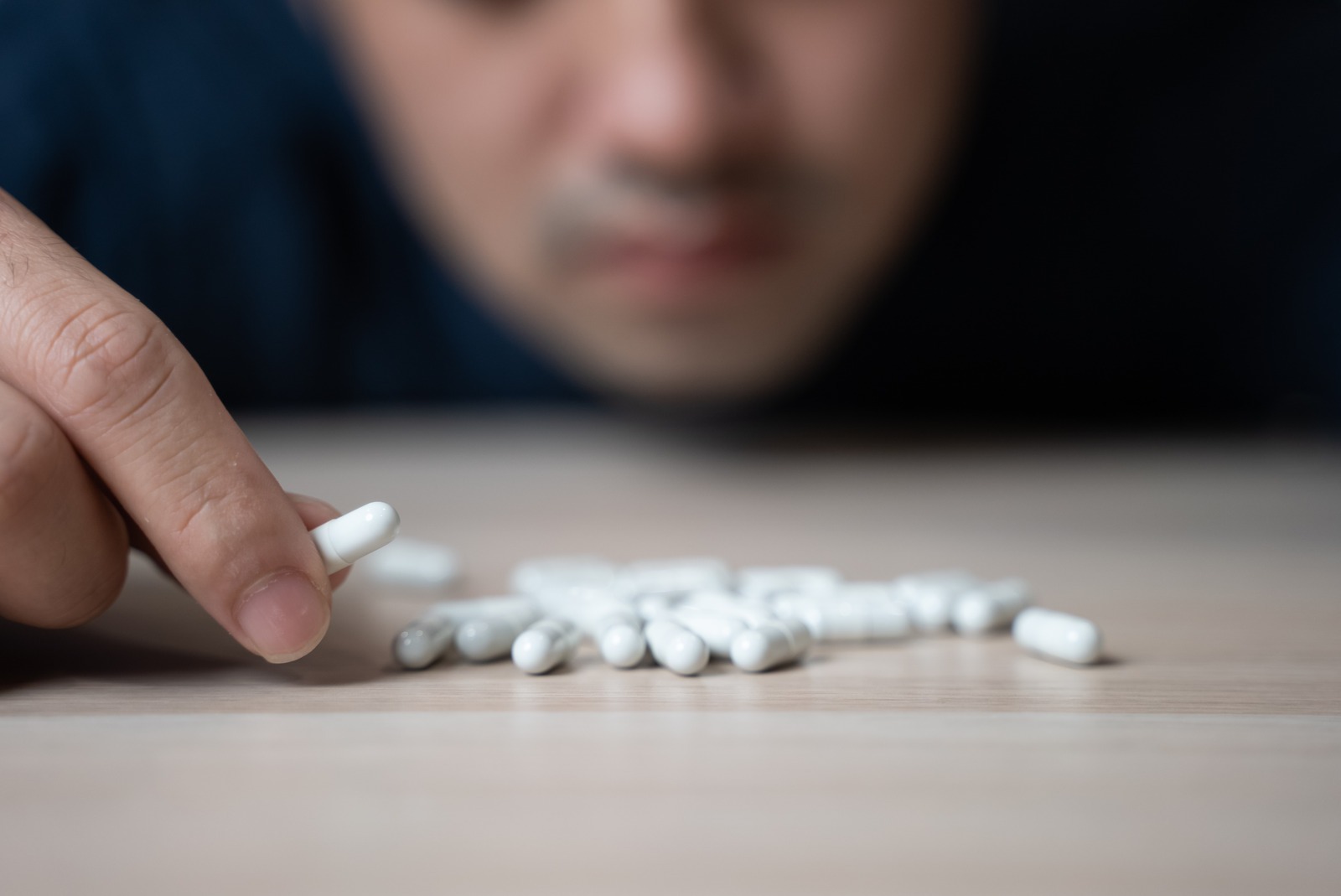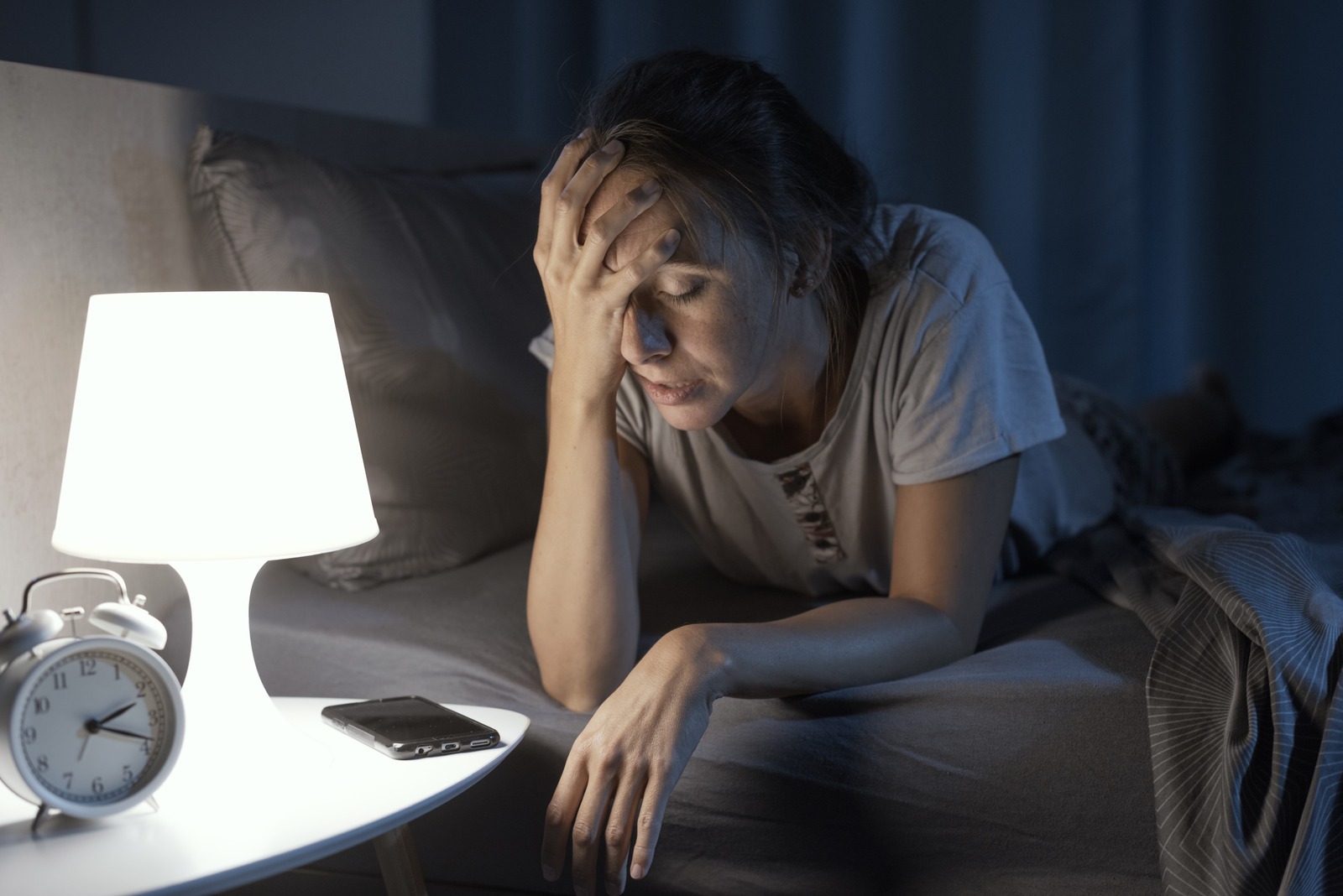Can You Overdose on Gabapentin? Here’s What You Need To Know

- Gabapentin is a prescription medication used to treat seizures and nerve pain.
- Gabapentin is often prescribed as an alternative to opioid painkillers, but it has risks.
- Between 2019 and 2020, gabapentin was implicated in one in 10 US overdose deaths.
- Gabapentin overdose can be successfully treated with prompt medical attention.
- Though gabapentin has risks, stopping gabapentin use abruptly can lead to serious withdrawal symptoms.
Gabapentin is a prescription medication used to treat seizures and nerve pain. Doctors are increasingly prescribing gabapentin as an alternative to opioids during the opioid crisis, leading to about 50 million prescriptions in 2020.[1] In 2004, there were just over 18 million prescriptions.
Though it may be safer than opioids, gabapentin is not without risks of abuse and overdose. Gabapentin has been implicated in almost one in 10 US overdose deaths between 2019 and 2020, and in about half the cases, it was ruled as the cause of death.[2]
What Is Gabapentin?
Gabapentin is part of a class of drugs known as gabapentinoids.[3] It binds to calcium channels in the brain, decreasing nerve excitability and promoting feelings of euphoria and calm. Anecdotal reports compare the effects of gabapentin as similar to using marijuana.
While it’s usually prescribed for seizures and nerve pain, gabapentin is used off-label for restless leg syndrome, hot flashes, insomnia, anxiety, and general pain.[4]
Side Effects of Gabapentin
Gabapentin can cause a range of physical and psychological effects, including suicidal thoughts and behaviors.[5] Some of the signs of suicide risk include:[6]
- Talking about being a burden
- Saying there’s no reason to live
- Talking about suicide
- Using substances like drugs and alcohol
- Acting recklessly
- Saying goodbye to friends and family
- Withdrawing from activities once enjoyed
- Depression
- Rage
- Anxiety
- Loss of interest
Other side effects of gabapentin may include:[7]
- Dizziness
- Difficulty speaking
- Poor coordination
- Temporary memory loss
- Sleepiness
- Tremors
- Double vision
- Jerky movements
- Unusual eye movement
- Restlessness
- Irritability or anxiety
- Acting on impulses
- Insomnia
- Mania
- Violent behavior
Can You Overdose on Gabapentin
Like any substance, misusing gabapentin can lead to a fatal overdose. But unlike opioid painkillers, gabapentin doesn’t have an available antidote like naloxone. It also has a long half-life, which is the time it takes for the active substance to be reduced by half, so it’s important to get immediate medical attention.
Most gabapentin overdoses involve another substance, but it’s possible to overdose on gabapentin on its own. The FDA reported overdoses involving 49 grams or more.[8] The symptoms of a gabapentin overdose include:[9]
- Poor muscle coordination
- Diarrhea
- Dropping upper eyelids
- Labored breathing
- Low activity
- Double vision
- Excitation
- Slurred speech
- Sedation
- Drowsiness
- Lethargy
While there’s no antidote for gabapentin overdose that can be administered on-site, gabapentin toxicity (overdose) can be treated in the hospital through kidney dialysis.
What to Do for a Gabapentin Overdose
If you suspect someone is overdosing, check their airway, breathing, and pulse. Call 911 and wait for help to arrive. You can roll the person on their side to avoid them choking if they vomit.
Gabapentin Withdrawal and Detox
Though gabapentin has a low risk of abuse, people can become addicted to the prescription drug if they misuse it. Frequent use, or taking more than prescribed, can lead to physical dependence. The body requires the drug to function normally, and withdrawal can occur once use stops.
Though gabapentin has risks, stopping abruptly can cause seizures and other dangerous complications. It’s important to seek help if you want to quit using gabapentin, whether therapeutically or otherwise. Doctors often recommend a tapering schedule to reduce or eliminate withdrawal symptoms.
Gabapentin withdrawal can have serious effects.
The withdrawal symptoms of gabapentin can include:[10]
- Anxiety
- Insomnia
- Agitation
- Fatigue
- Restlessness
- Dizziness
- Irritability
- Sensitivity to light
- Sweating
- Headache
- Irregular heartbeat
- Nausea
- Pain
People who are taking gabapentin for seizures and suddenly stop may also experience a rebound in seizures, including uncontrollable seizures (status epilepticus).
Withdrawal typically occurs within 12 hours to seven days after stopping gabapentin. In some cases, the symptoms may last up to 10 days, but they’re affected by age, the dose, length of use, and any other medical or substance use problems.
Medical Detox and Addiction Treatment for Gabapentin Withdrawal
People who are at high risk for gabapentin withdrawal or have experienced withdrawal symptoms may require a medical detox to manage the symptoms and reduce the risk of complications.
Detoxing from gabapentin has risks of seizures and other complications, but there’s also a risk of serious mood episodes and mental health problems like severe anxiety and suicidal ideation. Sometimes, these effects can last weeks or months.
In addition to a taper schedule, medical detox provides round-the-clock care and supervision to keep you as safe and comfortable as possible while the gabapentin clears your system. The drug can be weaned in about a week, but it depends on the individual. Slower tapers may be recommended to reduce severe symptoms.
If you’re addicted to gabapentin, you may transition from detox into an addiction treatment center to begin the recovery process. This can take place on an inpatient or outpatient basis. Depending on your individual needs, you may have individual therapy, group therapy, peer-support groups, and behavioral therapies as part of your treatment program.
Get Help for Gabapentin Abuse and Withdrawal
Gabapentin can be a safe alternative to opioids, but it’s not without risks. If you or a loved one is struggling with gabapentin abuse and withdrawal symptoms, Epiphany Wellness is here to help. We offer individualized treatment programs that meet the needs of each person and build a foundation for lasting recovery. Contact us today to learn more.
Frequently Asked Questions

